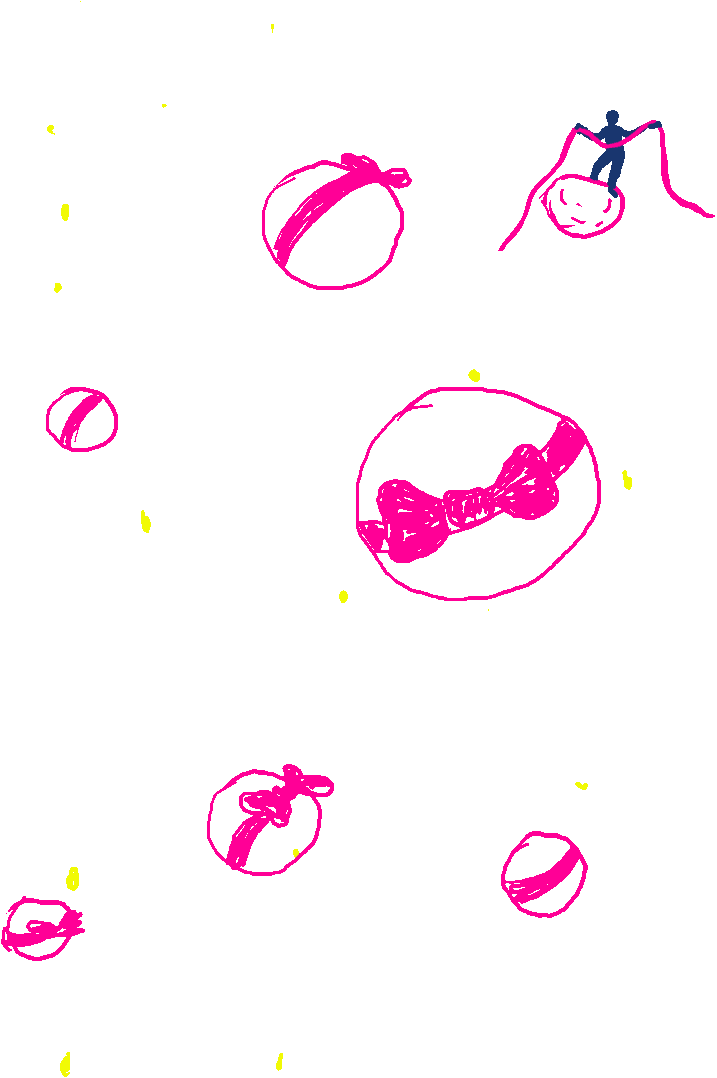For a portrait of Maduro’s opponent, see Venezuelan candidate’s second chance to defeat ‘Chavismo’
Story highlights
Analyst: Maduro was behind radical foreign policy decisions, also compromises
Hugo Chavez said he wanted Maduro to replace him
Maduro has been Venezuela's vice president and foreign minister
He started his career as a bus driver and later become a union leader and a politician
He began his career as a bus driver in Caracas, then rose through the ranks to become a member of Venezuelan President Hugo Chavez’s inner circle.
Now, election authorities say voters have picked Nicolas Maduro to be Chavez’s successor.
With more than 99% of ballots counted, Maduro secured 50.7% of the vote, Venezuelan National Electoral Council President Tibisay Lucena said Sunday night, calling the results “irreversible.”
Opposition candidate Henrique Capriles Radonski has demanded a recount, and it’s unclear what Venezuela’s political future holds. But speaking to cheering supporters Sunday night, Maduro said he was certain of his victory and ready to lead the South American country.
In campaign rallies leading up to Sunday’s presidential election, Maduro pledged to continue Chavez’s political projects to build “21st century socialism.”
Maduro, 50, has been Venezuela’s interim leader since Chavez’s death. When he registered to run for the presidency last month, he told supporters, “I am not Chavez, but I am his son.”
They weren’t blood relations, but in one of his last public appearances, Chavez tapped Maduro as his replacement.
Q&A: Venezuela’s presidential election
“My firm opinion, as clear as the full moon – irrevocable, absolute, total – is … that you elect Nicolas Maduro as president,” Chavez said in December, waving a copy of the Venezuelan Constitution as he spoke. “I ask this of you from my heart. He is one of the young leaders with the greatest ability to continue, if I cannot.”
Maduro was a high-profile face in Chavez’s administration. So was his wife, Cilia Flores, whom Chavez named as Venezuela’s attorney general last year.
Serving as both the country’s vice president and foreign minister, Maduro often was seen in the front row of Chavez’s news conferences and traveled to Cuba many times alongside Chavez as he underwent cancer treatment.
U.S. open to ‘more constructive relationship’ with Venezuela
“He is without a doubt one of the ministers who is closest to Chavez,” political analyst German Campos told CNN en Español after Chavez tapped Maduro as vice president in October.
As foreign minister, Maduro was the country’s top diplomat as ties grew with Cuba and tensions rose with the United States.
In recent years, he has been an outspoken critic of U.S. policies toward Venezuela.
When the Treasury Department added four Venezuelan officials to its drug kingpin list in 2011, Maduro accused the U.S. agency of acting as “a sort of world police agency” that has falsely named “decent citizens of our country … as drug traffickers.”
“A country like that has no moral authority to judge generals and political officials in Venezuela,” he said. “We reject it and we believe that the drug trafficking mafias are there, in a sick society like the United States.”
After security screeners detained him at New York’s John F. Kennedy International Airport in 2006, Maduro called the U.S. government “racist” and “Nazi” and said does not appreciate Latin American countries.
Since Chavez’s March 5 death, Maduro has ratcheted up the rhetoric. His steady stream of accusations have included claims that people within the Pentagon and the CIA were plotting to destabilize Venezuela and suggestions that the United States may have caused Chavez’s cancer.
Chavez’s criticisms of U.S. imperialism were a hallmark of his presidency and played well with his supporters.
And some analysts said it was no surprise that the accusations – which the United States has denied – escalated with Maduro on the ticket to replace Chavez.
Maduro hasn’t always taken an extreme tack, said Javier Corrales, a professor of political science at Amherst College in Massachusetts.
Hugo Chavez’s death draws sympathy, anger
“On the one hand, he has been behind some of the most radical, crazy foreign policy decisions of the Chavez administration. Support for Libya, you name it, all the radical decisions, he has been behind them,” Corrales said. “But he also has been behind some of the most pragmatic and conciliatory decisions, including the turnaround in relations with Colombia.”
That’s a marked contrast with the inflammatory Chavez, who rarely turned to compromise, Corrales said.
Before his role representing Venezuela abroad, Maduro honed his political skills at home.
He became a union leader while working for the Caracas metro system. After Chavez came to power in 1999, Maduro helped draft a new constitution. He served as a congressman until 2006, when he was tapped as foreign minister.
Maduro has said he’s proud to continue “Chavismo,” the political movement Chavez started.
Throngs of dedicated followers still call themselves Chavistas in devotion to the former president. Before Sunday’s vote, some analysts questioned whether Maduro would have the charisma to maintain their support.
They noted that Chavez’s political strength was largely fueled by his ability to personally connect with voters.
And that personal connection with his supporters is “what’s held things together in Venezuela,” according to Michael Shifter, president of the Washington-based Inter-American Dialogue think tank.
Opinion: After Chavez, a power vacuum
Chavez’s public remarks supporting Maduro likely bolstered support for him among fervent Chavistas, Corrales said.
“When popular presidents make an endorsement, that always has an effect,” Corrales said.
When he named Maduro as vice president, Chavez noted his extensive experience on “different battlefronts.”
“The bourgeoisie make fun of Nicolas Maduro because he was a bus driver,” Chavez said, “and look where he’s going now.”
Chavez leaves a revolutionary legacy
Journalist Osmary Hernandez contributed to this report from Caracas.








